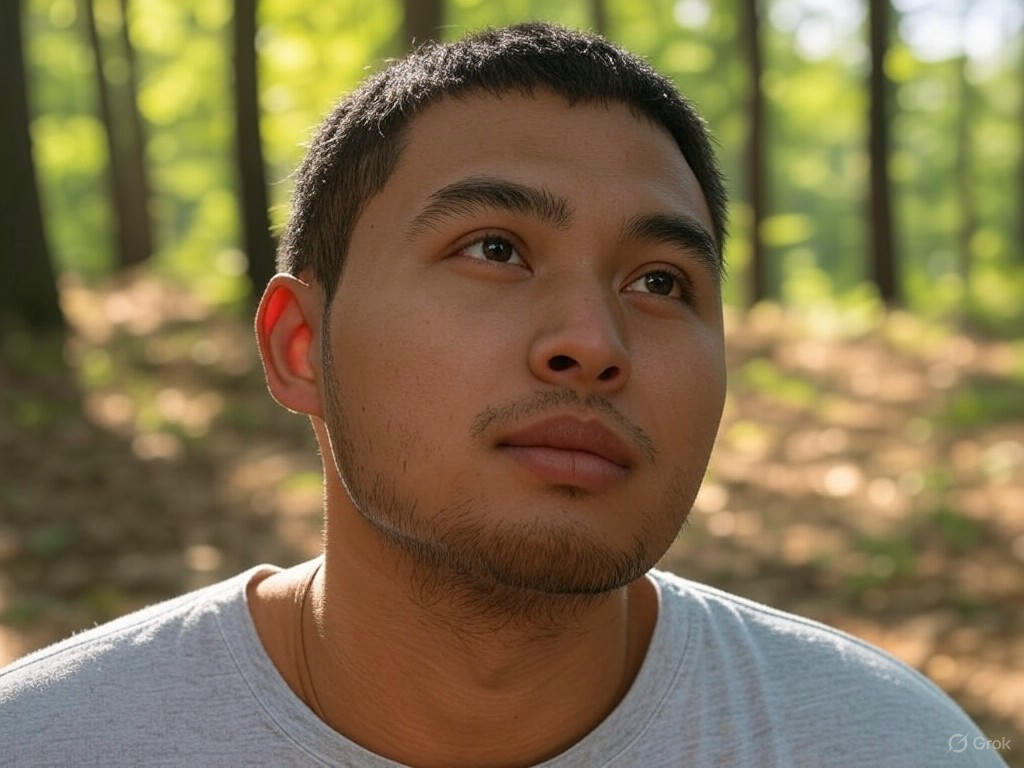In the wake of traumatic events, the search for effective mental health treatments has taken an unexpected turn. Recent research inspired by a study of survivors from a tragic attack at a music festival in Israel has shed light on a potential new ally in the battle against post-traumatic stress disorder (PTSD): hallucinogens. These mind-altering substances, often stigmatized, are now being reconsidered for their therapeutic potential in alleviating the deep psychological wounds left by trauma.
The study, which focused on individuals who endured a harrowing experience during a violent incident on October 7, delved into how survivors coped in the aftermath. Researchers discovered that those who had used hallucinogenic substances reported a notable reduction in the intensity of PTSD symptoms compared to those who did not. Unlike traditional treatments that often rely on prolonged therapy or pharmaceutical interventions, these substances appeared to offer a unique pathway to relief. The findings suggest that under controlled conditions, hallucinogens might help rewire the brain’s response to traumatic memories, allowing individuals to process their experiences with less emotional distress.
This is not to say that hallucinogens are a cure-all or without risks. The substances, which include compounds like psilocybin and LSD, can provoke intense psychological experiences that require careful monitoring. However, the real-world context of the study—examining survivors in the raw aftermath of a crisis—offers a compelling glimpse into how these drugs might work outside the sterile confines of a laboratory. Many participants described a sense of emotional release, as if the substances helped them confront buried fears and emerge with a renewed perspective. This aligns with growing evidence from other studies that suggest hallucinogens may enhance neuroplasticity, the brain’s ability to adapt and form new connections, which could be key to overcoming trauma.
While the idea of using hallucinogens for mental health treatment may raise eyebrows, it’s worth noting that this isn’t entirely new territory. Decades ago, similar substances were explored for psychiatric use before being sidelined due to cultural and legal concerns. Today, with mental health crises on the rise, there’s a renewed push to explore all possible avenues for healing. The experiences of the festival survivors highlight a critical need for innovative approaches, especially for those who find little relief from conventional methods. Researchers emphasize that any therapeutic use must be paired with professional guidance to ensure safety and maximize benefits.
As science continues to unravel the mysteries of the mind, these findings open a door to rethinking how we address the invisible scars of trauma. While more research is needed to fully understand the mechanisms at play, the potential of hallucinogens to soften the grip of PTSD offers a glimmer of hope. For survivors and countless others grappling with the weight of their past, this could mark the beginning of a transformative journey toward healing.
